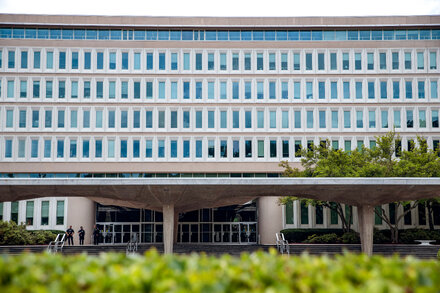
In an unprecedented move within the Central Intelligence Agency (CIA), Deputy Director Michael Ellis has reportedly assumed the responsibilities of the agency’s top legal official, effectively replacing the current General Counsel with himself.
The internal personnel change places the critical role of legal oversight directly under the agency’s second-highest executive. This development has prompted discussion regarding the structure of legal counsel and potential implications for internal checks and balances within the intelligence community.
Background of the Change
The General Counsel serves as the chief legal advisor to the CIA Director and other agency officials, providing counsel on all legal matters pertaining to the agency’s operations, intelligence collection, and compliance with U.S. and international law. Traditionally, this position operates with a degree of independence to ensure objective legal guidance.
Michael Ellis, who was appointed Deputy Director, has a background in government legal roles, including serving in the National Security Council and the Department of Justice. His assumption of the General Counsel’s duties marks a significant consolidation of power within the agency’s leadership structure.
Sources familiar with the internal workings of the CIA confirmed the personnel adjustment, noting that Ellis has officially taken on the additional portfolio. Specific details regarding the departure of the former top legal official were not immediately made public, nor were the explicit reasons provided for the Deputy Director’s self-appointment to the role.
Implications and Oversight
The dual role raises questions about the independence of legal advice within the agency. Critics suggest that combining the executive operational responsibilities of the Deputy Director with the independent legal advisory function of the General Counsel could potentially diminish the autonomy of legal guidance, creating a situation where the same official is effectively advising on the legality of actions they are also involved in directing.
As a highly sensitive intelligence agency, the CIA operates under strict legal parameters and oversight from Congress and internal mechanisms. The role of the General Counsel is paramount in ensuring the agency’s adherence to these frameworks, especially concerning classified operations, surveillance, and human intelligence gathering. Further clarity is expected on how this new arrangement will impact these established oversight protocols.
The CIA has yet to issue a comprehensive statement addressing the intricacies or rationale behind this unusual personnel decision.
Source: Read the original article here.





